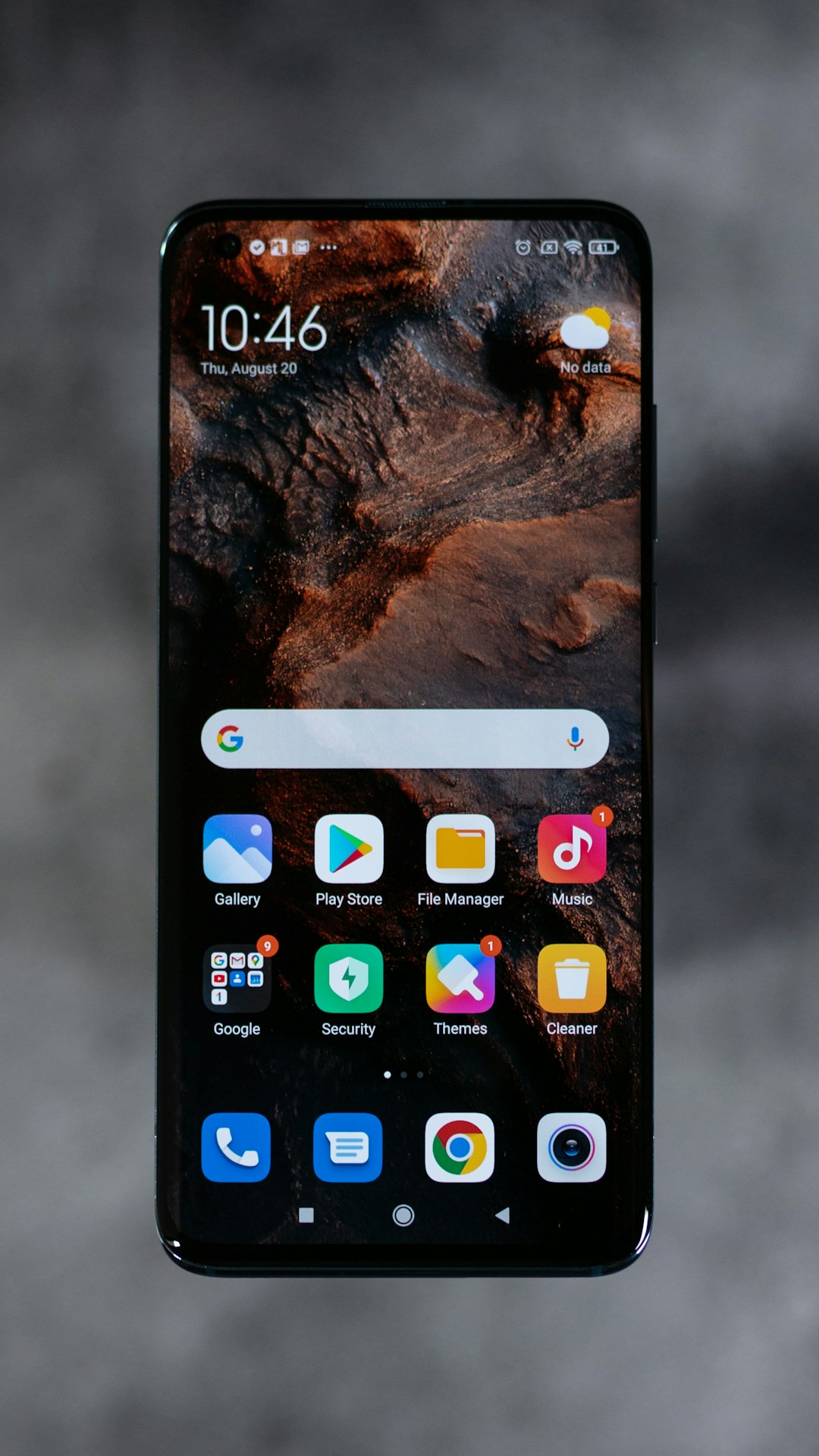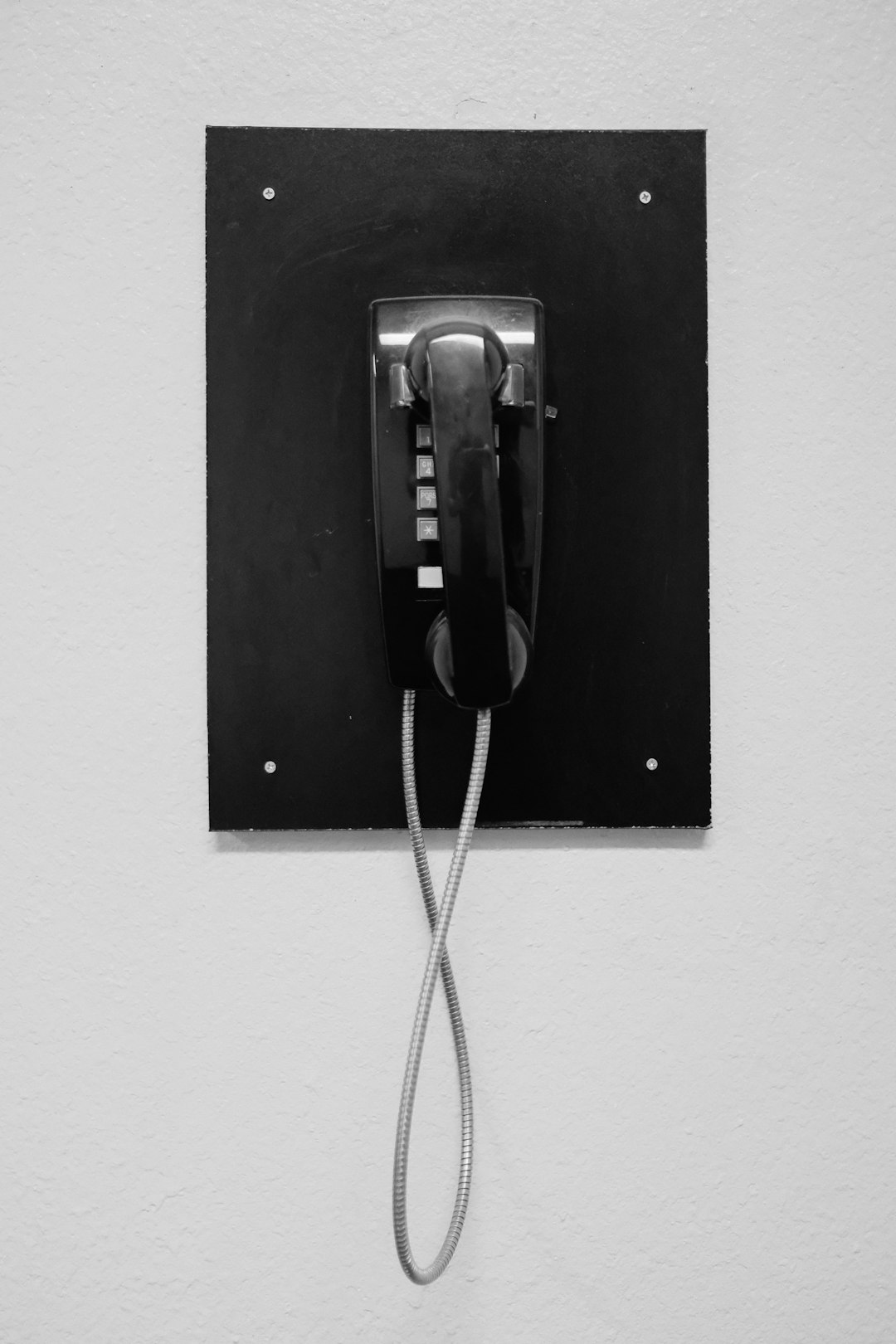Idaho's Do Not Call laws protect residents from unwanted telemarketing by allowing registration on a state-managed list overseen by the Attorney General's Office. These laws, mirroring federal standards, offer enhanced protection against calls from legal professionals and aim to curb intrusive marketing. While successful, enrollment rates vary, and loopholes exist for political organizations and businesses. Do Not Call lawyers in Idaho help residents enforce their rights and seek legal options against aggressive marketing tactics.
“Uncovering Idaho’s Do Not Call Laws: A Comprehensive Comparison With National Standards. In an era where consumer protection is paramount, understanding state-specific ‘Do Not Call’ regulations is vital for both residents and Do Not Call lawyers in Idaho. This article navigates the intricate details of Idaho’s laws, comparing them to national standards. We explore enrollment rates, effectiveness, unique consumer protections, and potential challenges, offering a comprehensive perspective on how Idaho stacks up in the realm of consumer privacy.”
Understanding Do Not Call Laws in Idaho

In Idaho, the Do Not Call laws are designed to protect residents from unwanted telemarketing calls and sales pitches. The state’s laws mirror those found in many other states, but with some unique nuances. Idaho’s Do Not Call list is managed by the Attorney General’s Office, which maintains a registry of phone numbers that have opted out of receiving such calls. Consumers can register their numbers online or by mail, making it easy for them to assert their rights against intrusive telemarketing practices.
Do Not Call lawyers in Idaho play a crucial role in helping residents understand and enforce these laws. These legal professionals specialize in navigating the state’s regulations and can advise individuals on how to handle violations. By understanding their rights under Idaho’s Do Not Call laws, residents can ensure they’re not just receiving, but also making, unwanted calls, fostering a more balanced and respectful communication environment.
Comparison: Idaho vs National Standards

In comparison to national standards, Idaho’s “Do Not Call” laws for lawyers and legal firms present both similarities and differences. Nationally, the Federal Trade Commission (FTC) enforces Do Not Call rules that limit commercial calls, including those from attorneys, to numbers on the National Do Not Call Registry. These federal guidelines ensure a consistent approach across states, but individual jurisdictions can have their own variations and exceptions.
Idaho’s implementation aligns closely with national standards, adhering to the same core principles. However, Idaho’s laws may offer more specific protections for residents, as state-level regulations can sometimes provide additional safeguards beyond federal requirements. For instance, while the FTC’s rules generally apply to sales calls, Idaho’s legislation might extend these restrictions to include marketing and informational calls from legal professionals, giving residents greater control over their phone communications from Do Not Call lawyers in Idaho.
Enrollment and Effectiveness Rates Across States

In the realm of consumer protection, Do Not Call laws play a crucial role in preventing unwanted telemarketing calls. Idaho’s implementation of these laws is designed to empower residents and offer them a respite from persistent sales calls. When compared to other states, Idaho’s Do Not Call law showcases varying levels of success. Enrollment rates differ significantly, with some states boasting higher participation among eligible citizens. This disparity could be attributed to factors such as public awareness campaigns and the overall complexity of each state’s legislation.
Effective enforcement is another key aspect that sets apart successful Do Not Call programs. Idaho has made strides in this area, but other states often report higher call blocking rates, suggesting more robust mechanisms for penalizing violators. Despite these differences, the overarching goal remains consistent: to create a peaceful environment free from intrusive telemarketing, ensuring residents can enjoy their personal time without constant interruptions from Do Not Call lawyers Idaho or elsewhere.
Consumer Protections: What's Unique About Idaho?

In Idaho, consumer protections regarding the Do Not Call laws are unique and comprehensive. Unlike some states that only offer basic guidelines, Idaho has a robust system in place to safeguard residents from unwanted phone calls. The state’s law goes beyond simply registering numbers on a “do not call” list; it actively penalizes companies that violate these restrictions.
Idaho’s approach ensures that Do Not Call Lawyers Idaho have a challenging task ahead of them when representing clients in such cases. The strict enforcement and clear guidelines make it a model for other states, demonstrating a strong commitment to preserving peace and quiet for its citizens. This unique aspect sets Idaho apart, providing residents with an exceptional level of control over their phone communications.
Challenges and Loopholes: A Closer Look at Idaho's Law

Despite its robust Do Not Call laws, Idaho still faces challenges in effectively protecting residents from unwanted telemarketing calls. While the state has implemented measures to restrict robocalls and sales calls, loopholes remain that allow certain types of calls to bypass these regulations. For instance, political organizations and charities are often exempt from the restrictions, meaning they can continue making automated calls for fundraising or advocacy purposes without prior consent.
Moreover, the laws in Idaho don’t explicitly address all forms of digital communication, such as text messages and emails, which has led to a gray area where businesses can still engage in aggressive marketing strategies through these channels. This leaves residents vulnerable to excessive contact from telemarketers and other unsolicited communicators, highlighting the need for more comprehensive legislation to truly protect Idaho’s citizens from annoying and intrusive calls.






